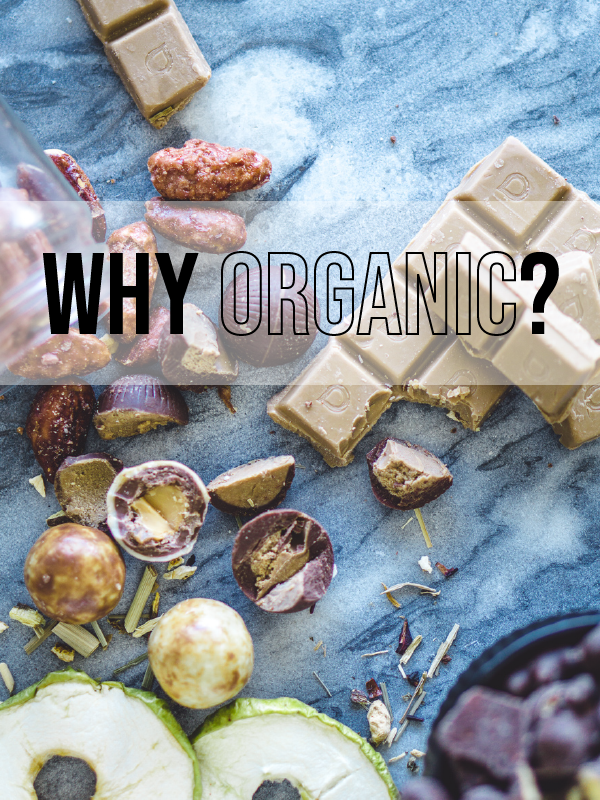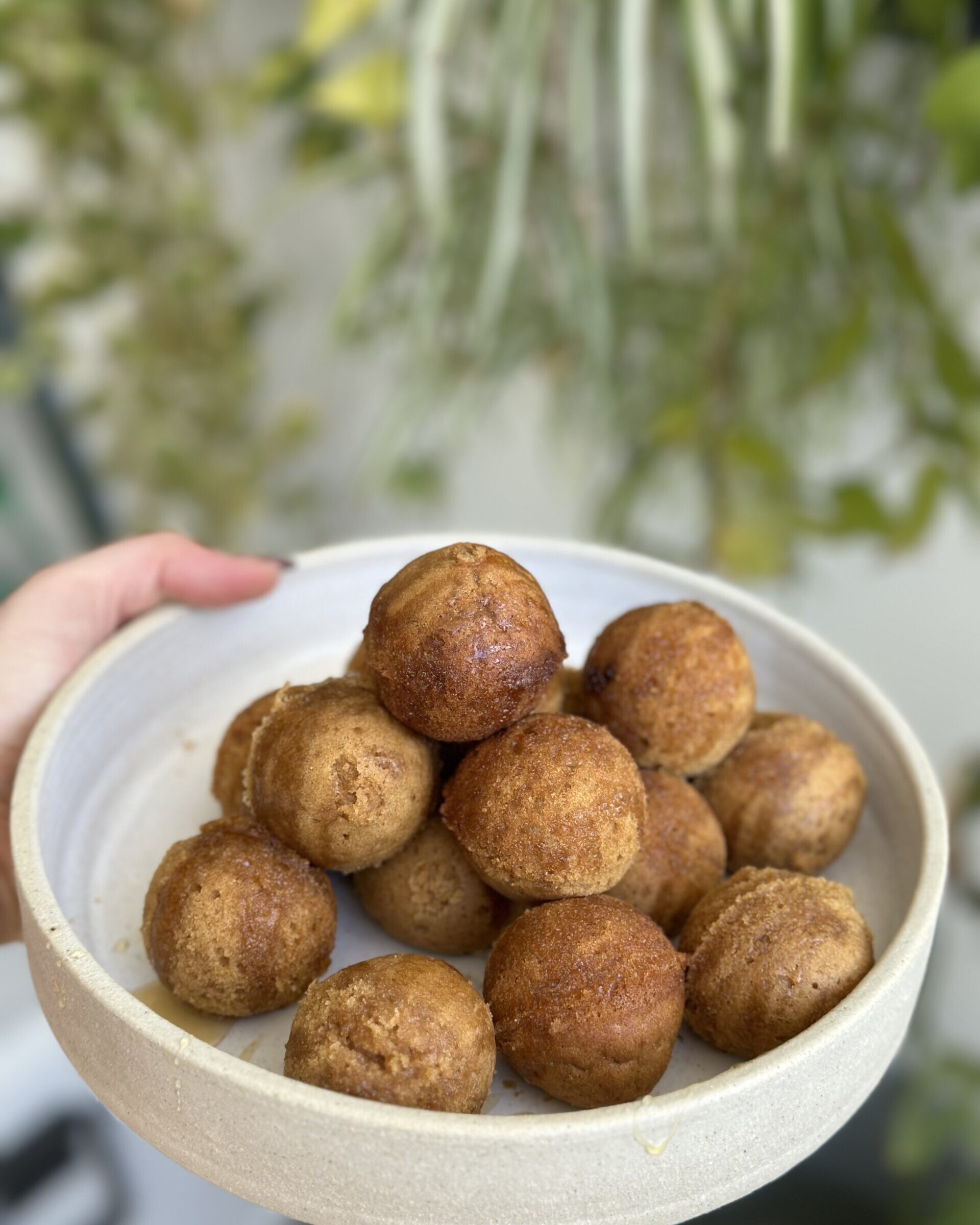Did you know: The Australian organic industry has grown by 88% since 2012! So, what’s all the hype about and is it worth all that extra money? Since September is Australian Organic Awareness month, we thought there was no better time to share some facts with you guys.
To put it simply, buying organic products is a way of buying trustworthiness. Rather than visiting every farmer, producer or distributor you buy from – you can rest assured that a third party certifying agency has done all the ground work to be sure they’re practicing to a strict standard – with random audits to ensure this standard is upheld.
But what are those strict standards? So glad you asked. In the case of Australian Certified Organic, the list is long and comprehensive, and includes:
For Animals
- Livestock must be free range – that means no caged chickens and sow stalls.
- Animals must be given a quality of life that allows them to perform natural social and physical functions.
- The number of animals per hectare is strictly limited to ensure the preservation of the land quality.
- The use of synthetic growth hormones and routine antibiotics is prohibited, and vaccine use is limited.
- Breeding must be conducted using natural methods.
- Weaning must be stress free and allow for the ethological needs of mothers and young.
- Animals must always have access to unfiltered sunlight.
- Electric prodders must not be used as a routine management method.
- Live export is prohibited.
- Animals must also be transported according to strict requirements.
- Animals must be processed at certified organic abattoirs. Certified organic abattoirs keep cattle in their social groups, provide comfortable holding pens with feed, water and bedding, don’t kill animals in the line of sight of other animals and render animals unconscious before they’re killed.

For the Environment
- Australian Certified Organic prohibits the use of synthetic agricultural chemicals including pesticides, fungicides and herbicides.
- Farmers instead rely on restoring soil fertility by maintaining biological cycles within the farming system through management techniques such as companion planting, minimal tillage and crop rotation.
- By prohibiting the use of synthetic agricultural chemicals, certified organic farming reduces its impact on the surrounding environment by reducing run-off into nearby waterways.
- Farms must also demonstrate water efficiency and catchment areas. Streams and rivers are monitored and protected to ensure sustainability.

For Your Health
- Certified organic food is real food made without synthetic colourings, preservatives, additives or GM ingredients – which are thought to be linked to symptoms such as allergic reactions, asthma, and ADHD.
- Certified organic food and drinks must contain a minimum of 95 per cent certified organic ingredients. Recipe ingredients are assessed to make sure everything that goes into a certified product is organic or safe to consume.
- Strict guidelines are enforced in the production, transportation, processing and manufacturing processes to prevent contamination from conventional food.
- Australian legislation doesn’t require foods made with genetically modified material to be labelled as such – so the best way to avoid GM foods is to look for an organic certification logo – nanotechnology and irradiation is also prohibited in the Australian Certified Organic Standards.

For Your Skin
- Products must not use synthetic colouring agents and fragrances, ethoxylated ingredients, silicones, paraffin and petroleum products.
- Certified organic skincare and cosmetics are cruelty free – animal testing is prohibited.

For Workers
- Australian Certified Organic producers must uphold the principles of fair trade.
- Poor working conditions and child labour issues continue to plague the clothing industry and some consumers are unaware that cheap clothes come at a cost to people and the environment. Certified organic textiles and products provide a healthy and ethical alternative.
- Australian Certified Organic auditors look for evidence that its certified businesses use fair workplace practices, whether they are picking vegetables or working in retail.

If you ask us – yes, it’s worth spending the extra money on ethically sourced and produced products, with confidence that you’re doing making the best choices for your health!
Is Naked Foods 100% Organic?
This is one of our most asked questions! The answer is no – not all the products we sell are certified organic. We aim to provide as much organic produce as we can – by purchasing everything we can organic, and when that isn’t an option we will stock a conventional product.
All conventional products are only sold in stores after much consideration. They must meet our strict product selection criteria including that it is free of artificial colours, flavours and sweeteners, free of artificial preservatives, GMO Free, free of hydrogenated fats and grown without the use of insecticides. We aim to source products from local suppliers and farmers.

You can read more of our FAQ’s here – and learn more about organic standards on the Australian Organic Website.











